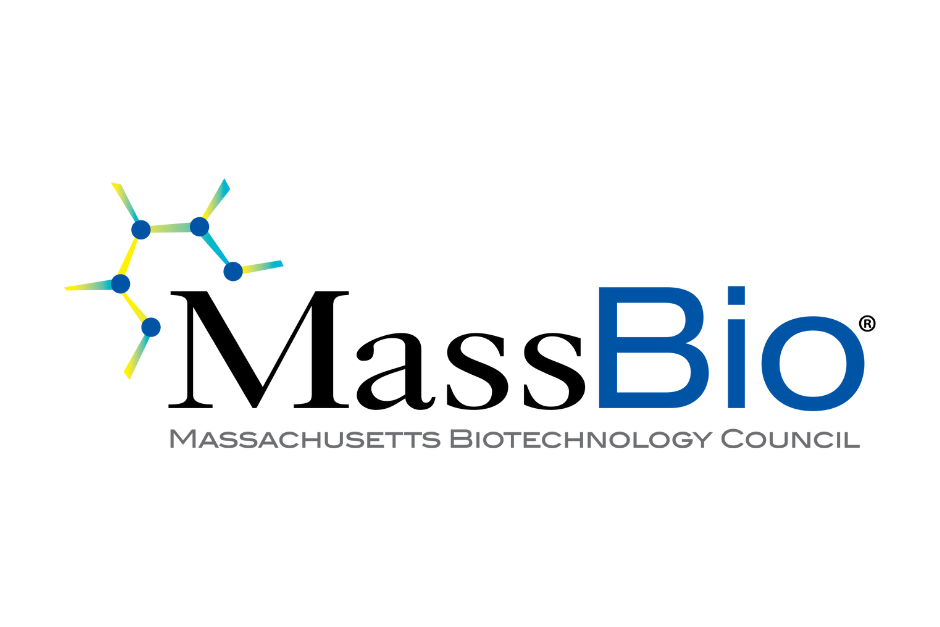Each month, we publish monthly market information regarding vacancy numbers, and highlight information that may interest our network.
MassBio’s recent report on employment trends in Massachusetts has showed some interesting results. It found that:
- There were almost 90,000 people employed within life sciences in Massachusetts in 2020
- Between 2017 and 2020, Massachusetts consistently had a higher percentage share of life science job postings than the US national average
- The life science industry in Massachusetts employs an estimated 58% of the STEM roles in the area, versus 45% for the national average
- Over the last four years, for job postings stipulating an educational requirement, 90% of those in the Massachusetts life science sector needed a Bachelors degree or higher in comparison to 79% nationally

- The largest group of employment in STEM in Massachusetts are the medical sciences (this includes several subsets including pharmacokinetics, immunology, toxicology and neuroscience)
- The biggest change in demand has been the need for project managers – demand has increased by 160% over the last four years
- Within the engineering space, the largest employed group is industrial engineers. This has seen a 29% growth since 2017, followed by mechanical engineers (although this is a shrinking sector)
- The increase in demand for industrial engineers is thought to be a leading indicator of an increase in manufacturing to come, which is also backed by the MassTech Centre for Advanced Manufacture, who recently announced a grant fund to support SME manufacturers in the STEM sector in Massachusetts

- Another area that has grown a lot and is expected to continue is the biologist technical support function, which has expanded by 13% from 2017
- The data science space is currently underserved, with the third most advertised jobs in life science since 2017
- The bulk of jobs advertised between 2017 and 2020 were for candidates with between two and six years of experience (45% of jobs)
In addition to the MassBio report, there have been a multitude of other articles published over the last month. Some that are particularly interesting include the below:
The life sciences talent squeeze and foreign-born workers – MassBio
Former South Station WeWork could become what else? – Boston Business Journal
In a highly vaccinated field, life sciences leaders weigh mandates – Boston Business Journal
The legislative update, August 9th – MassBio
Boston’s biotechs pull out all the stops in hiring boom ‘on steroids’ – Bloomberg
Improving clinical trial diversity in the life sciences – MassBio
